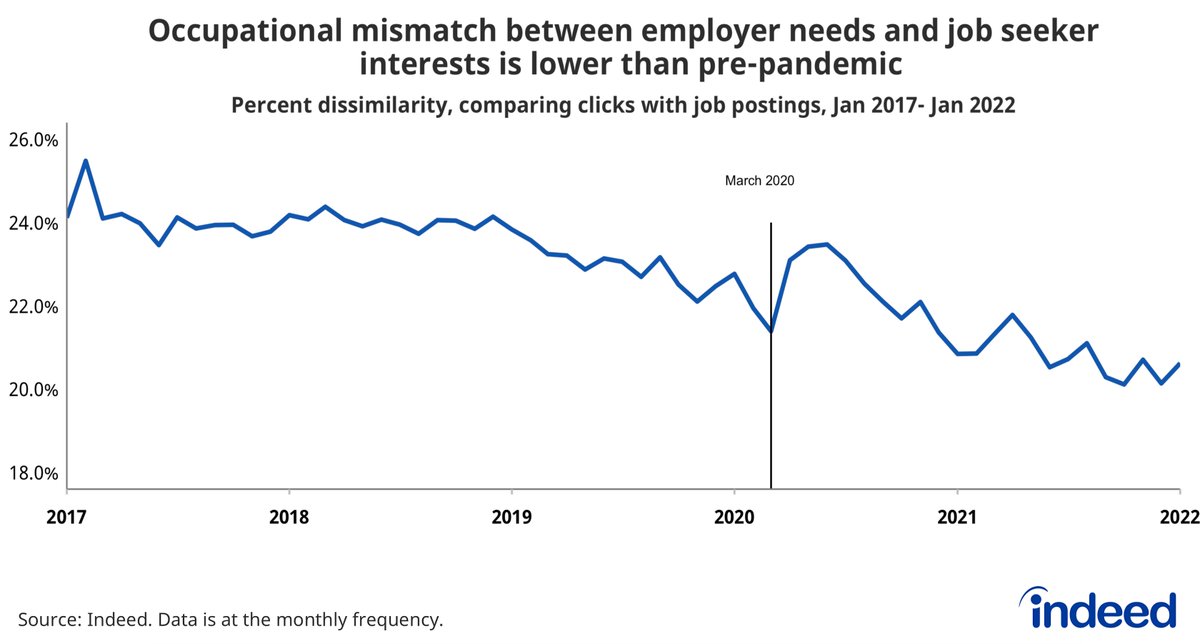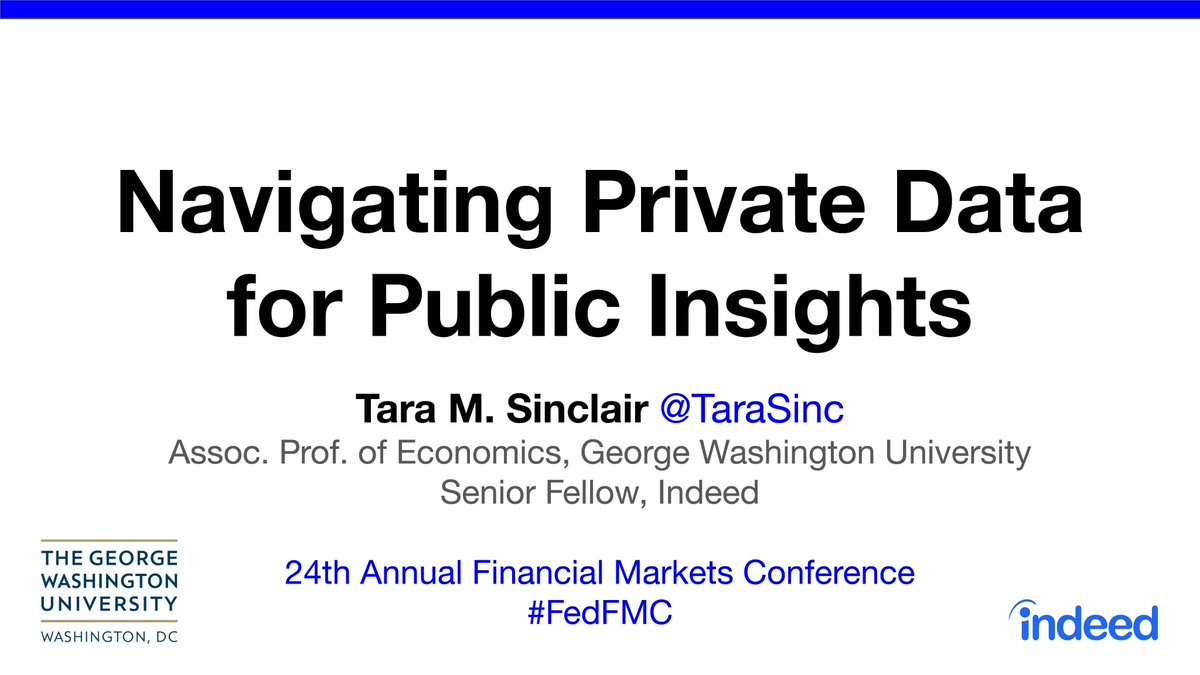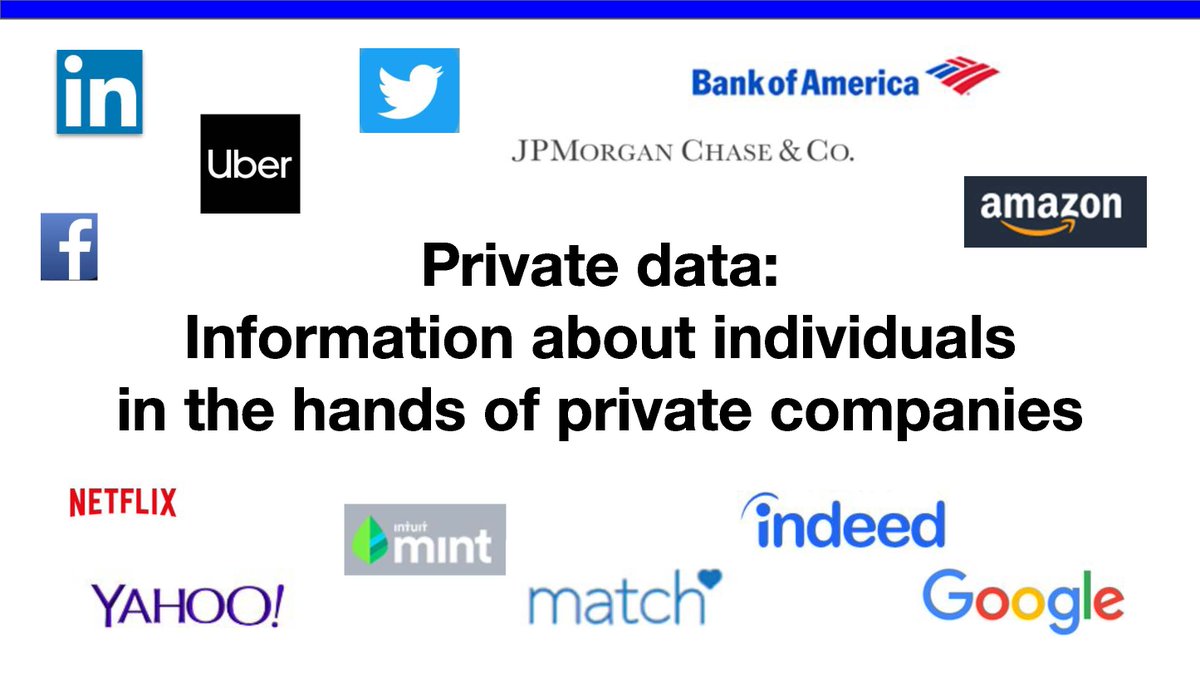
With all this talk about the definition of a recession, it's time for another summertime 🧵 from your macroeconomics professor...
The definition of the term recession is important. We need to understand the particular economic conditions we're experiencing - this will help guide appropriate policy responses.
According to the NBER Business Cycle Dating Committee, "a recession involves a significant decline in economic activity that is spread across the economy and lasts more than a few months." nber.org/research/busin…
A recession is the period from economic peak to trough - meaning from when the economy starts to weaken until it has bottomed out. So at the start of a recession the economy can still look pretty good and at the end it's just stopped getting worse.
Just because something has typically coincided with past recessions doesn't mean it defines a recession. For example, real GDP growth generally declines in a recession, but it's just one indicator.
The NBER watches a number of different indicators. One of the key ones is payroll employment. This is one of the big costs of a recession - a loss of jobs. We've still been seeing impressive job growth in recent months. fred.stlouisfed.org/series/PAYEMS
The economy can feel bad for a number of different reasons, not just because we're in a recession. For example right now - people *really* don't like the current inflation, but that's a different economic problem.
Different problems require different policy responses. A demand-driven recession could be addressed with policies to encourage spending, but that's the wrong approach if what's really plaguing the economy is still the high inflation.
Currently the Fed is discouraging spending (through higher interest rates) to reduce demand and lower price pressures. There are concerns these inflation-fighting policies could lead to a future recession, but that's not the policy focus right now.
My research has found that the Fed does recognize we're in a recession once it's started, but recessions are incredibly hard to predict in advance. sciencedirect.com/science/articl…
So in summary, it does not look like we're in a recession right now, but we are facing a number of challenges. We've got high inflation and we're still dealing with the pandemic. There are real economic problems, but they require different policy responses.
• • •
Missing some Tweet in this thread? You can try to
force a refresh






